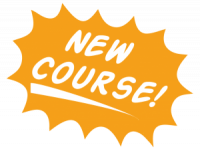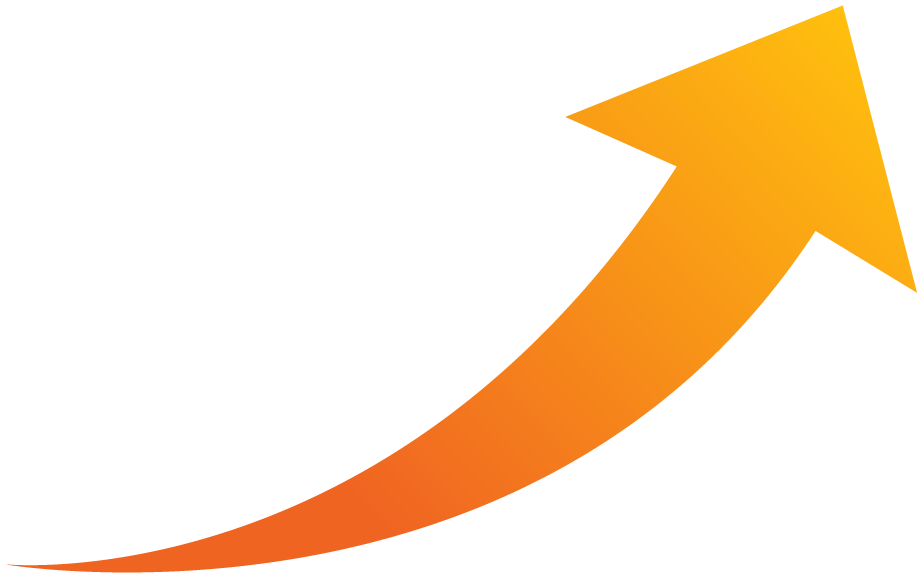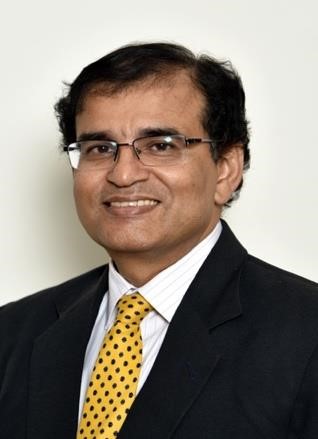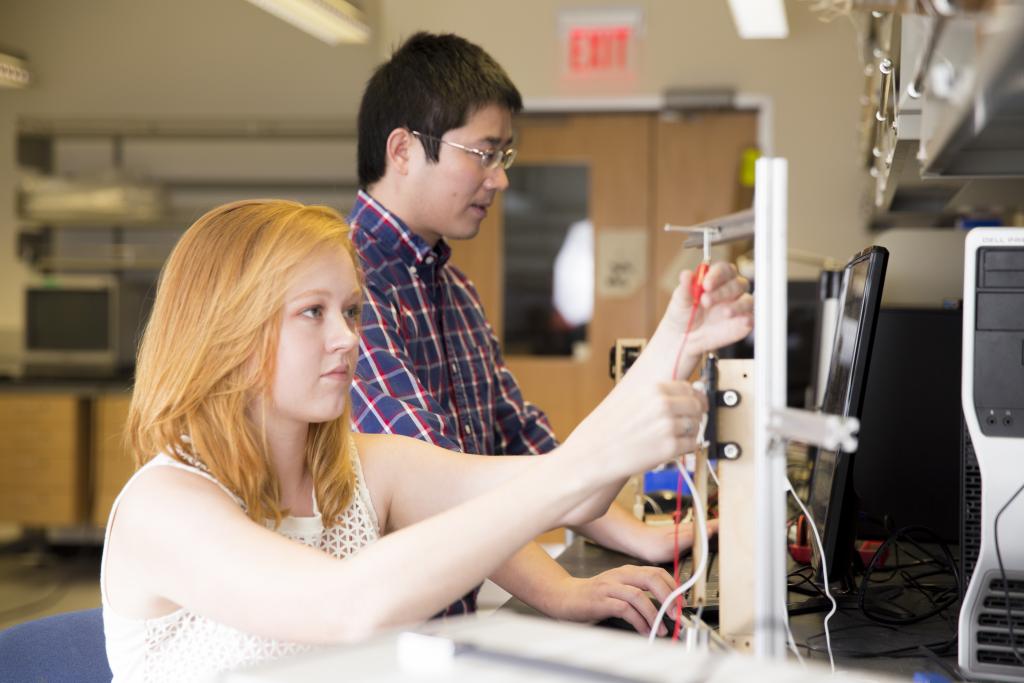News

December 18, 2017
Driving Robotic Rehab
Rehabilitation robotics, although still an emerging field, is getting a shot of adrenaline because of sheer necessity. University researchers are developing novel approaches for using robotics to help our wounded veterans live more active lifestyles. Dr. Michael Yip, Assistant Professor of Electrical and Computer Engineering, and Director of the Advanced Robotics and Controls Lab (ARCLab), at the University of California San Diego is working with the U.S. Navy to create robotic orthotics and prosthetics that adjust to the wearer's activities. Full Story

December 14, 2017ECE Professor Elected ACM Fellow in Class of 2017
A faculty member affiliated with the Department of Electrical and Computer Engineering, Professor Alexander Vardy, is one of three UC San Diego faculty elected Fellows of the Association for Computing Machinery (ACM) announced on December 11. Full Story

December 14, 2017Three UC San Diego Computer Scientists Elevated to Be ACM Fellows in Class of 2017
Three computer scientists from the Jacobs School of Engineering at the University of California San Diego have been elected Fellows of the Association for Computing Machinery (ACM). ACM is the world’s largest educational and scientific computing society. Full Story

December 7, 2017Smartphone case offers blood glucose monitoring on the go
Engineers at the UC San Diego Center for Wearable Sensors have developed a smartphone case and app that could make it easier for patients to record and track their blood glucose readings, whether they’re at home or on the go. Full Story
Summer Math Initiative: Program Schedule
Thank You for Joining the Summer Math Initiative!
This program is designed to help you prepare for ECE 35 by reviewing key mathematical concepts. Over the course of the summer, we will focus on the following three topics:
-
Solving Systems of Linear Equations
-
Derivatives and Integrals
-
Complex Numbers
Schedule
All sessions are held Wednesdays from 6:00 PM – 7:00 PM (via Zoom).
-
Opening Session – July 9
Instructor: Professor Nguyen
Overview of the program, topics to be covered, and tutor introductions.
Access the session here: Zoom
Topic 1: Solving Systems of Linear Equations
Tutor: Huong Hoang
-
July 23 – Introduction, problem-solving strategies, Q&A
Access the session here: Zoom
-
July 30 – Review homework problems, Q&A
Access the session here: Zoom
Topic 2: Complex Numbers
Tutor: Mehmet Bagci
-
August 6 – Introduction, practice problems, Q&A
Access the session here: Zoom
-
August 13 – Review homework problems, Q&A
Access the session here: Zoom
Topic 3: Derivatives and Integrals
Tutor: Runfa Li
-
August 20 – Introduction, practice problems, Q&A
Access the session here: Zoom
-
August 27 – Review homework problems, Q&A
Access the session here: Zoom
We look forward to an engaging and productive summer of learning!
Course 2024-2025

2024-25 NEW COURSES, look for them below.
look for them below.
Resources: ECE Official Course Descriptions (UCSD Catalog)
For 2023-2024 Academic Year: Courses, 2023-24
Particle accelerator on a nanophotonic chip
Particle accelerators are indispensable tools in science, industry and health care. Almost all of them are based on microwave driving. Based on a similar principle, acceleration of electrons with the help of laser light has already been proposed decades ago: Nanophotonic structures are needed that generate an optical near-field mode efficiently propelling the electrons. We could recently demonstrate the accelerator on a chip.
Making neural networks more trustworthy and sustainable
The use of deep neural networks (DNNs) is currently transforming many areas of science and engineering. Although DNN-based techniques outperform traditional algorithms in most signal processing tasks, they can exhibit weaknesses such as reduced robustness and a tendency to produce hallucinations. These issues are linked to the DNN's Lipschitz constant, which typically worsens exponentially with the addition of layers. In this work, we present a framework for the design of stable networks with maximal expressivity.
An Information Theory for Out-of-Order Information: Applications in DNA Data Storage and Genomics
The recent development of DNA-based data storage prototypes has raised several questions about how to optimally encode information in these systems. A distinguishing feature of this new storage paradigm is that the stored information is read via “shotgun” sequencing technologies. This means that the channel output comprises many short fragments of the input observed out of order. Motivated by this, we study the capacity of a class of “shuffling channels” that capture this inherent need to reorder the observed channel output.
Fundamentals of RF System Analysis for IC Designers
This seminar provides key insights into wireless system analysis from a circuit designer’s perspective, focusing on modulation techniques, line-up analysis, and link performance optimization. Participants will explore impairments in analog and mixed-signal components-thermal noise, phase noise, spurious signals, and distortion and their impact on system performance. The session covers critical metrics such as Signal-to-Noise Ratio (SNR), Error Vector Magnitude (EVM), Receiver Sensitivity, Blocker performance, and Transmitter out-of-band noise.
ECE Distinguished Alumni Awards

2025 Applied Mathematics Recipient- Subhasis Chaudhuri PhD' 1990
Bio: https://www.linkedin.com/in/subhasis-chaudhuri-36531b5/?originalSubdomain=in
Pagination
- Page 1
- Next page










.png)
.png)
.png)
